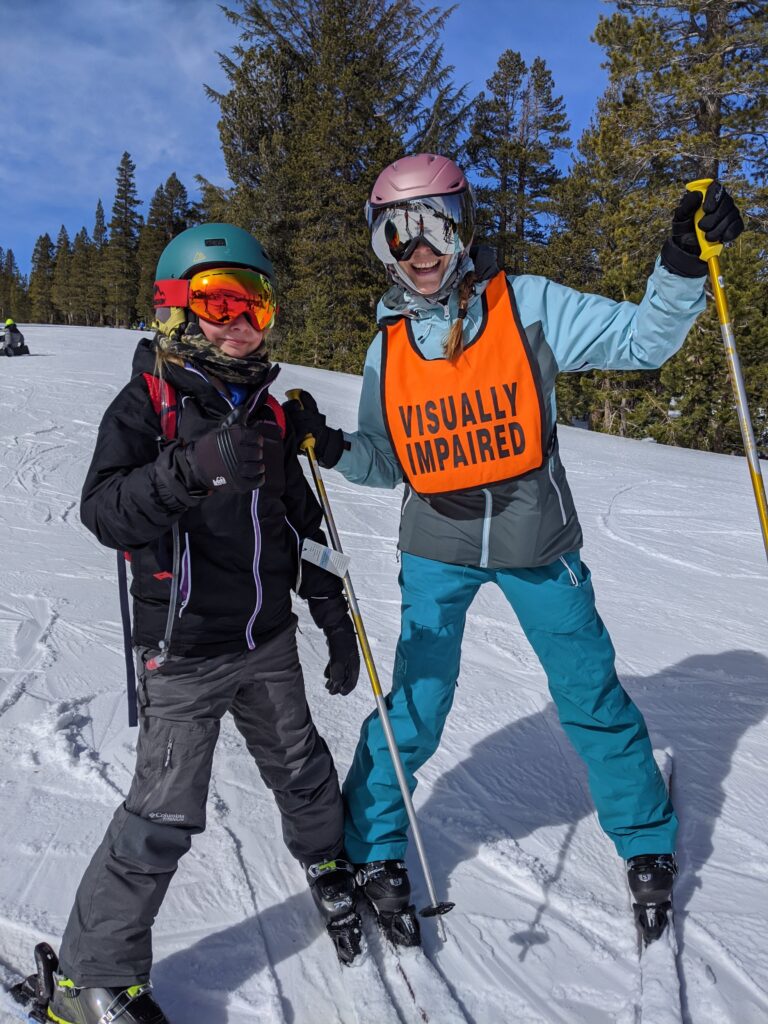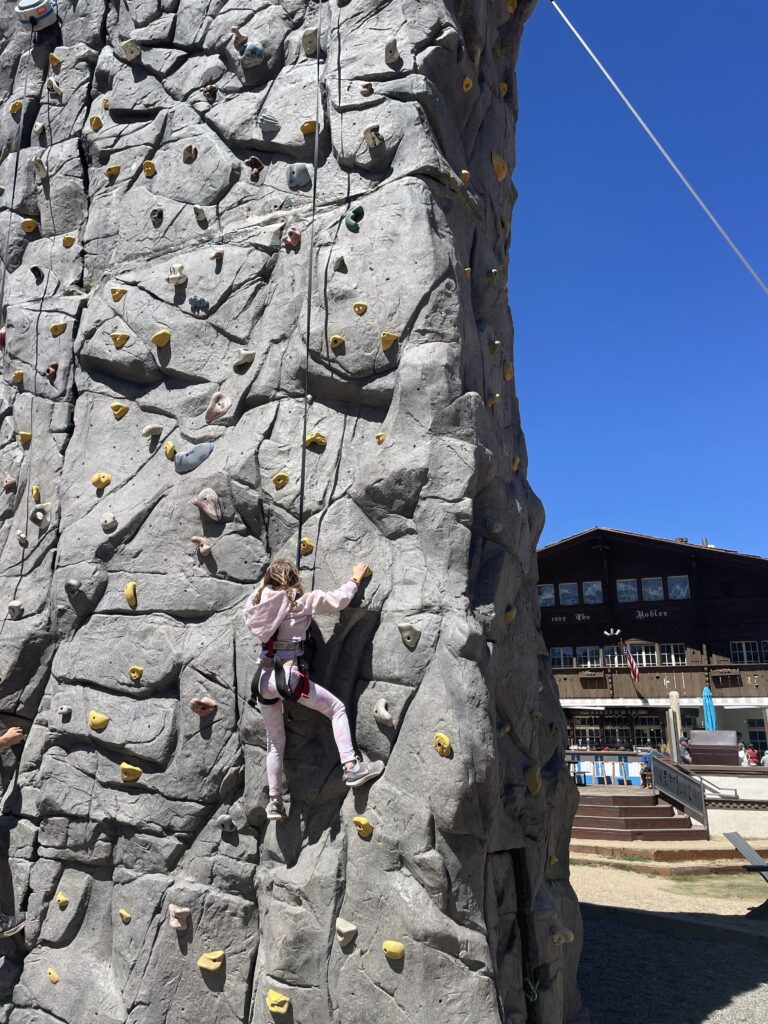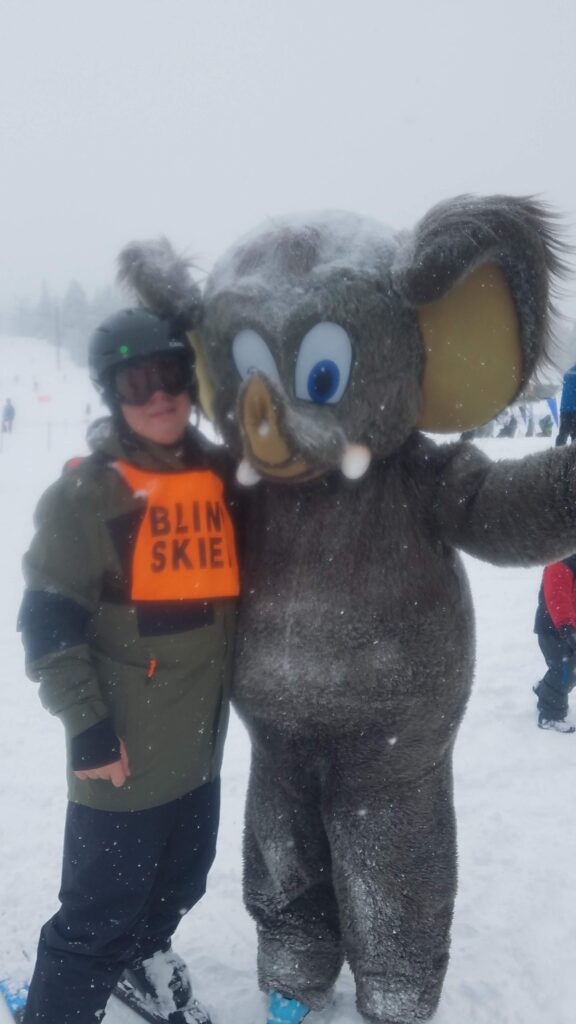The mission of DSES is to provide full access to outdoor activities for people of all ages with many types of physical and intellectual disabilities.

The Eastern Sierra is known for its majestic beauty, ski areas and rivers, and Yosemite National Park. Located on the eastern side of the Sierra Nevada in California, the region offers plenty of ways to enjoy the great outdoors.
In the winter, residents and tourists can take advantage of skiing and snowboarding on Mammoth Mountain. During the summer, one can enjoy biking, fishing, kayaking, rock climbing and many other warm-weather activities.
Disabled Sports Eastern Sierra was established in 2001 by Kathy Copeland, a ski instructor and ski school director. The mission was to provide those same opportunities to people of all ages with many types of physical and intellectual disabilities.
Originally known as Mammoth Adaptive Sports Foundation, the nonprofit began offering comprehensive lessons at the Mammoth Mountain ski area in 2003. That same year, they became part of Move United, then known as Disabled Sports USA, and changed the name to reflect that affiliation. DSES initially provided around 600 lessons, a number that has increased to as many as 3,500 to date.
“We have grown both in the number of people and lessons almost every year since, with 2020 and 2021 being the exceptions,” explained DSES executive director Laura Beardsley. “Kathy had taught adaptive skiing lessons in the area. She retired from that, (but) saw a need to initiate an arm to provide more of those opportunities in Mammoth and the Eastern Sierra. That grew into the organization that we are now.”
Summer programs including cycling and paddling began in 2006, followed by specialized programs for veterans and service members with disabilities a year later.
“We also offer a few multi-day summer camp programs where we camp out. Families can come ride bikes, paddle and just come out and enjoy the outdoors. Hopefully, they will realize they can be comfortable going out and camping as a family, and they can adapt to make it a successful experience for everybody.”
Beardsley, who took over as executive director for Copeland in 2020, has been involved with the organization as a volunteer and staff member since 2012. Born in New Hampshire, she received her bachelor’s degree in communication studies from Bryn Mawr College near Philadelphia. After working for several nonprofits geared toward underserved communities, outdoor recreation and conservation, After relocating to California in 2005 and working at Yosemite National Park for seven years, Beardsley moved to the Eastern Sierra.
DSES’s winter sports season runs from around the second week in November through the end of May, depending on weather and when the mountain is open. Summer programs typically begin in June and run through the end of September. To secure a private lesson, individuals can call to request a reservation for their preferred date.
Lessons are personalized and designed to identify goals. DSES has six full-time instructors for its winter sports along with three instructing supervisors. Three staff instructors oversee the summer programs.
Some students may want to learn ski jumps, while others wish to pursue racing or competition in a specific sport. Either way, activities are customized for an enjoyable learning experience.
“Some people come because they just want to be able to ski as a family. They want to be able to just feel the wind on their face and the feeling of sliding down a mountain. We’re here to help support people while they’re pursuing those goals, whatever they are.”
The adaptive equipment used by DSES is state-of-the-art and is acquired through donations and fundraisers. Volunteers also make up a big part of the day-to-day operations. Nearly 200 individuals lend their time and support, many of whom are trained ski and snowboard instructors.
“We could never do it without our volunteers. Our goal is to open up and support outdoor recreation opportunities that exist here. Our volunteers make it possible for us to be here and help people adapt and find their own ways to get out, explore and enjoy this place.”
DSES recently applied for a Foreseeable Future Foundation grant to purchase a tandem bike that will be used starting this summer. Beardsley was thrilled to be able to modernize and update some of the equipment, thanks to the foundation’s generosity.

“We’re really excited to get out and ride with our participating athletes this coming summer. It opens up opportunities for athletes with blindness or vision impairments to get out and ride in the Eastern Sierra.”
Plans are underway to expand summer activities, particularly mountain biking and tandem cycling. Additional property was purchased last November to use as lodging for participants of the multi-day programs. The retreat-style facility features a main lodge, small cabins and 18 guest rooms. This will allow more accessibility to veterans and service members as well as visitors to the area.
Being outdoors is a great way to stay physically fit, be surrounded by nature and engage with people from all walks of life. For Beardsley, the feeling of being able to help others gain confidence through adaptive sports is indescribable.

“It’s a privilege every day for me to engage in this work. I learn more from our athletes and students than they might learn from us. It’s amazing to support people as they’re achieving their goals, whether you’re teaching somebody who’s living with autism or someone with a physical disability or visual impairment. There’s a moment when something clicks and someone has a great day. Being able to facilitate and be a part of that is incredible.”
